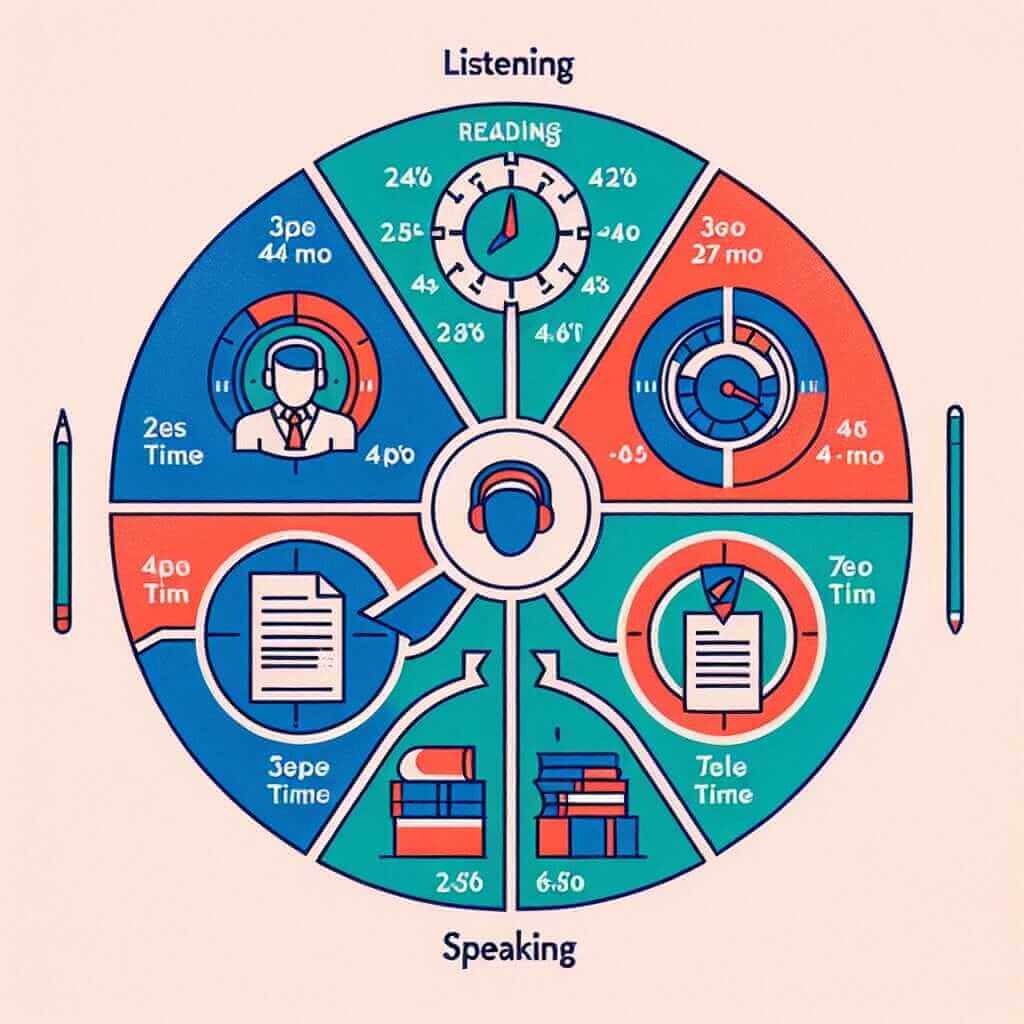As an IELTS instructor with over 20 years of experience, I’ve witnessed firsthand the myriad of factors that influence a student’s decision to take the IELTS exam. This pivotal choice is rarely made lightly, often involving careful consideration of various elements such as personal goals, financial constraints, and future aspirations. Understanding these decision-making processes is crucial, not just for educators like myself, but also for students navigating the path towards IELTS success.
Decoding the “How” and “Why” Behind Choosing IELTS
When we talk about “how consumers decide IELTS,” we’re essentially exploring the motivations and thought processes that lead individuals to choose this particular English proficiency test. This journey begins with identifying the “why”:
1. Identifying the “Why”: Unveiling the Motivations
- Academic Aspirations: The most common reason students choose IELTS is to pursue higher education abroad. Universities in English-speaking countries often require IELTS scores as proof of language proficiency.
- Career Advancement: In an increasingly globalized job market, demonstrating strong English skills can be a significant advantage. Many professions and industries view IELTS scores favorably.
- Immigration Requirements: Countries like Canada, Australia, and New Zealand often include IELTS as part of their immigration process. Applicants need to achieve specific band scores to be eligible.
- Personal Growth: Some individuals take IELTS to challenge themselves, improve their English skills, or gain a sense of accomplishment.
2. Navigating the “How”: Factors Influencing the Decision
Once the “why” is established, potential test-takers delve into the “how.” This involves researching and evaluating various aspects of IELTS:
- Test Format and Content: Understanding the structure and content of the IELTS exam is crucial. Students consider whether the four sections (Listening, Reading, Writing, Speaking) align with their strengths and weaknesses.
- Cost and Accessibility: IELTS exam fees and test center availability can impact decision-making. Students compare costs and logistical convenience.
- Preparation Resources: The availability of quality study materials, online courses, and experienced tutors can influence a student’s choice.
- Reputation and Recognition: IELTS’s global recognition and acceptance by institutions worldwide play a significant role in its appeal.

Real-World Examples: Applying the Decision-Making Process
Let’s consider a few examples to illustrate how these factors intertwine:
-
Example 1: A student named Sarah dreams of studying medicine in the UK. She researches universities and discovers that her desired program requires an overall IELTS band score of 7.5, with no less than 7.0 in each section. This specific requirement becomes her primary motivation for taking the IELTS.
-
Example 2: David, a young professional, wants to enhance his career prospects by working for a multinational company. He realizes that strong English skills are essential and decides to take the IELTS to demonstrate his proficiency to potential employers.
-
Example 3: Maria, who lives in a non-English speaking country, hopes to immigrate to Canada. She carefully examines the language proficiency requirements for her visa application and discovers that achieving a specific IELTS band score is mandatory.
Tips for Making Informed Decisions:
- Define Your Goals: Clearly identify your reasons for taking IELTS.
- Research Thoroughly: Explore different aspects of the exam, including format, fees, and preparation resources.
- Assess Your English Proficiency: Realistically evaluate your current skill level to determine how much preparation you’ll need.
- Seek Guidance: Consult with experienced IELTS instructors or test preparation centers for personalized advice.
Conclusion
Understanding how consumers decide IELTS is essential for both educators and students. By recognizing the motivations, influencing factors, and decision-making processes, we can create more effective learning experiences and support students in achieving their IELTS goals. Remember, the journey to IELTS success is a personal one, and making informed decisions based on individual needs and aspirations is crucial.